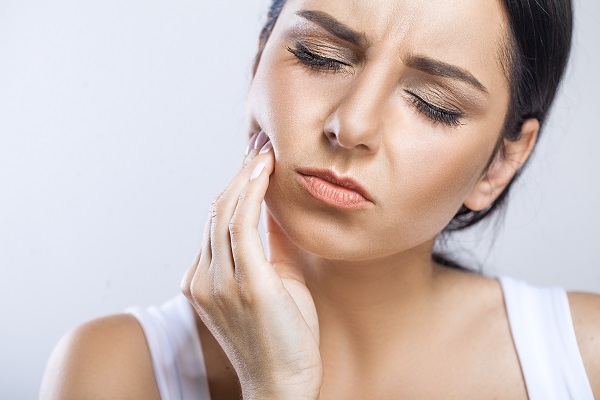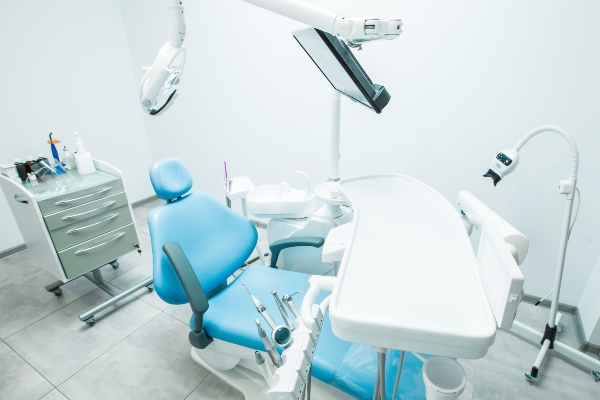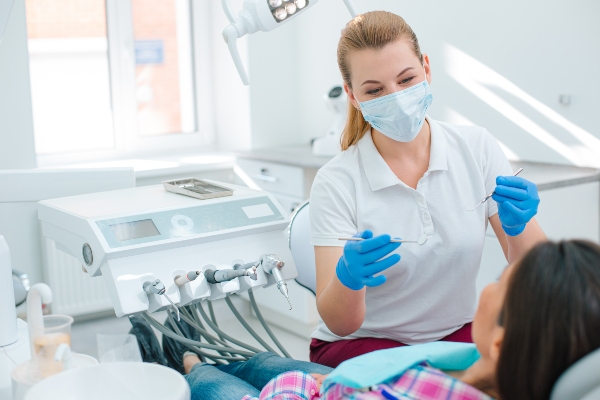Get a Chipped Tooth Treated After an Accident

A chipped tooth can be incredibly painful, but you shouldn’t have to go without dental care just because you are busy or are traveling in an area where you don’t have access to your regular dentist. There are ways to treat your tooth right away so that the damage isn’t permanent, and there are also ways to ensure that you can get back to normal quickly without costly follow-up treatments in the future. To learn more about what to do when you have a broken tooth after an accident, keep reading!
What are the symptoms of a chipped tooth?
The symptoms of a chipped tooth depend on how severe your injury is. If you’ve only chipped one tooth, you may not experience any symptoms. A mild chip will cause pain in your mouth but probably won’t extend beyond that—in these cases, most people can treat themselves at home by rinsing with saltwater and avoiding hard or crunchy foods.
A moderate chip can cause mild pain as well as sensitivity to hot and cold. If your tooth is chipped, you’ll want to use a warm washcloth or a heating pad on your cheek. It’s not necessary to rinse with salt water if you have only a moderate chip, but soft foods are probably too difficult for you to chew at that point, so avoid them altogether until your tooth has healed.
How do I prevent my tooth from becoming sensitive after the treatment?
If you have chipped or cracked a tooth and need to get it fixed, you probably want to know how to prevent your tooth from becoming sensitive after treatment. Unfortunately, there is no way to guarantee that your teeth won’t become sensitive again after treatment.
However, there are some steps you can take during and after your treatment that can help alleviate any sensitivity issues. First, it’s important to use good oral hygiene habits such as flossing and brushing twice daily. Maintaining healthy gums will also reduce any potential damage caused by treatment, such as cracks in teeth and sensitivity. While teeth are healing, it’s also important not to smoke or drink anything hot because these two habits can further damage your newly treated teeth leading to even more sensitive issues.
You can also use a fluoride rinse or gel to help your chipped tooth heal more quickly and reduce any potential sensitivity issues. Fluoride rinses and gels are typically available over the counter in most drug stores.
Request an appointment here: https://gkdentaloffice.com or call GK Dental PC at (617) 826-6075 for an appointment in our Everett office.
Check out what others are saying about our dental services on Yelp: Chipped Tooth in Everett, MA.
Recent Posts
If you have a chipped tooth, the situation may be more serious than dealing with a cosmetic problem. Indeed, having this kind of tooth damage can be embarrassing and make you want to avoid being around other people. However, the implications can run deeper than what people can see in your smile. Untreated, a chip…
A chipped tooth usually occurs because of some sort of trauma, such as a fall or a blow to the mouth. It can also occur because of biting down on a substance that is too hard. If your tooth is decayed, a chip is more likely, but it can also happen to perfectly healthy teeth.Unless…
Having a chipped tooth may not seem like a serious concern, but it can affect your smile. Even a small chip can become larger and develop into bigger issues later on. That is why it is usually a good idea to treat and repair this damage. Your dentist has the knowledge and training to properly…
If you act fast enough, we may be able to restore the chipped tooth. If not, we still have options. Call us for details!If you chip your tooth, give us a call as soon as possible. If the chip is large enough, try to bring the piece of tooth that chipped off. The sooner we…


